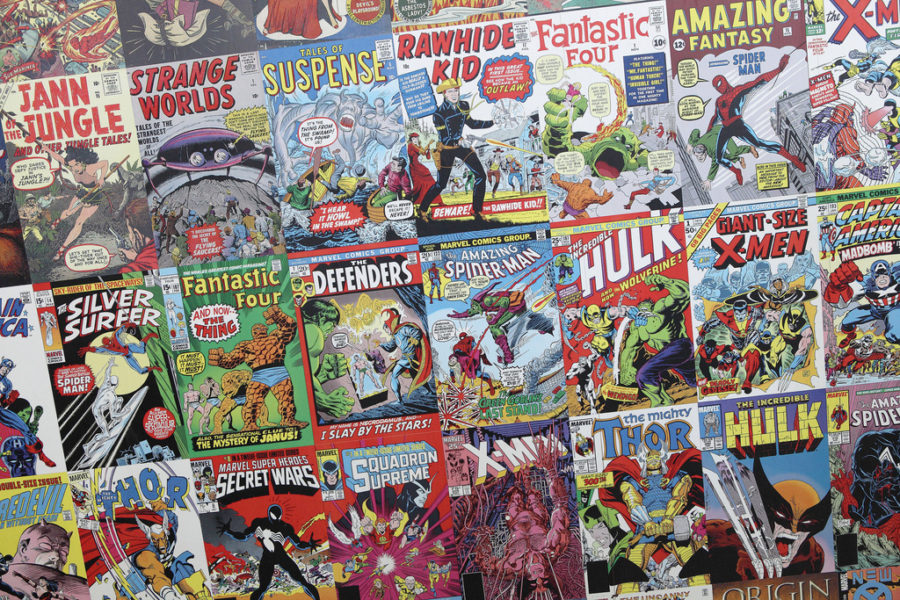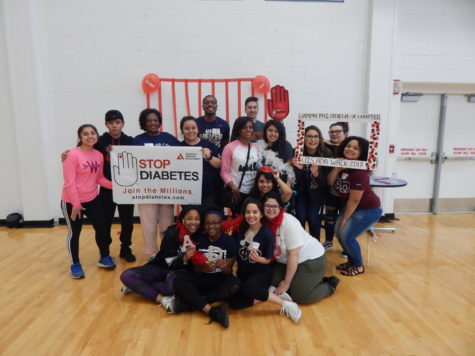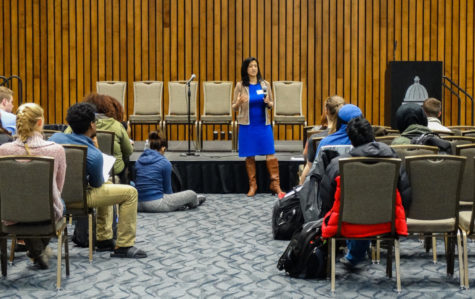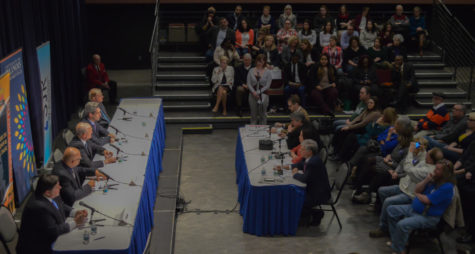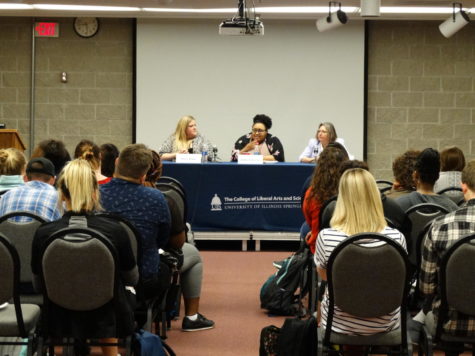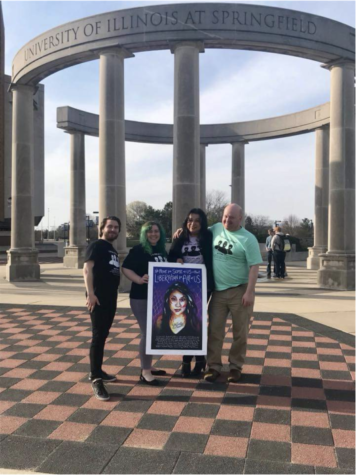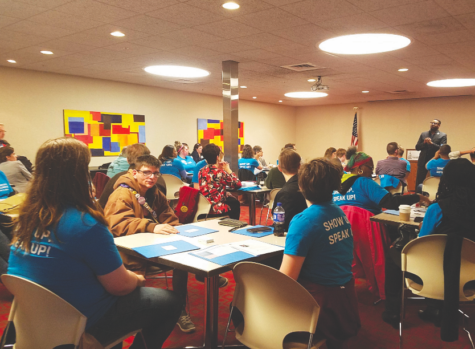Diversity does not replace good writing
Diversity. For comic readers, it’s been a hot-button topic.
Marvel has been upsetting many long-time fans recently, with changes like Thor losing his mighty hammer only for it to be picked up by his ex-girlfriend who then adopts the title of ‘Thor.’
Such changes have often led to less-than-stellar sales for an already dying market, often leading to the cancellation of so-called “diverse” titles like Black Panther & the Crew or DC’s Mockingbird, a comic with a controversial cover that showed the main character with a shirt that read ‘Ask Me About My Feminist Agenda.’
“What we heard was that people didn’t want any more diversity,” Marvel’s VP of Sales, David Gabriel, said last spring. “They didn’t want female characters out there. … I don’t know that that’s really true, but that’s what we saw in the sales.”
Online forums for comic book fans hinted at a deeper issue.
“Am I the only one who finds her origin story needlessly complicated?” writes an anonymous user on a forum discussing America Chavez’s comic series, America.
Another complains of the rewritten mythology of the comic in comparison to what has already been established in the Marvel universe.
This is where the issue lays: when comics are sold at $3.99 for a 20-page issue, fans are not willing to open their wallets for a badly-written comic of a character they do not care about. Marvel and DC have continuously tried to use diversity as a marketing tool, often at the expense of good writing. The approach, while laudable on its face, is dangerously close to tokenism.
Often, it causes plot-related headaches, like the X-Men character Magneto, a Jewish holocaust survivor who suddenly allied with Hydra, a Nazi organization.
The panel-to-panel writing makes these cash-grabs worse. “Holy menstruation!” is a piece of dialogue in America. Marvel’s Moon Girl, the so-called “smartest character in the Marvel universe,” somehow never skipped a single grade despite her incredible intelligence.
Perhaps DC and Marvel can instead look to the new comic powerhouse for ideas.
Japan’s comic industry is booming. Comic series there are put together in large, cheap volumes rather than single, expensive 20-page issues that are worth nothing on their own.
The difference shows: while the second biggest comic series of last year, Marvel’s Civil War II, sold 400 thousand units, Japan’s One Piece sold nearly 6 billion units in the first half of this year.



